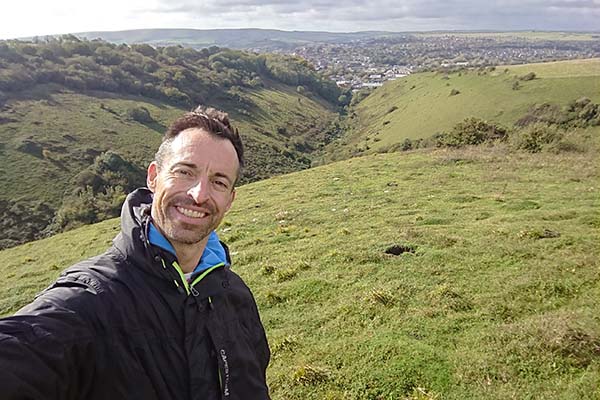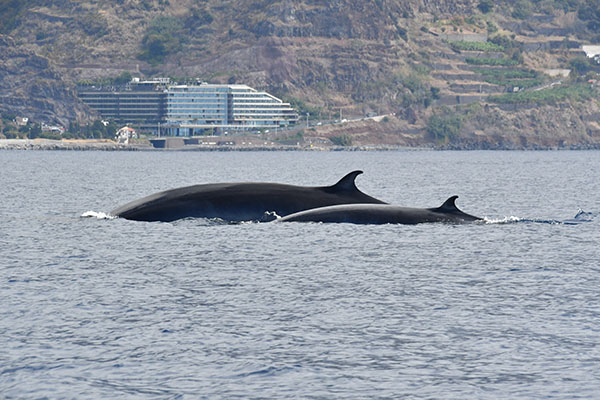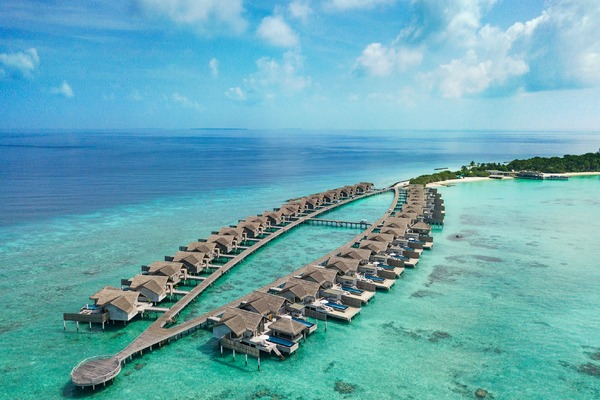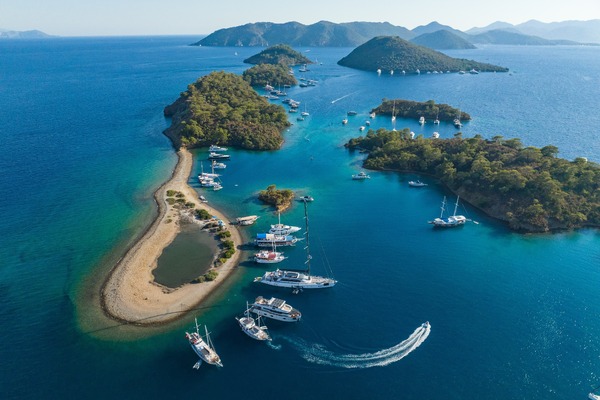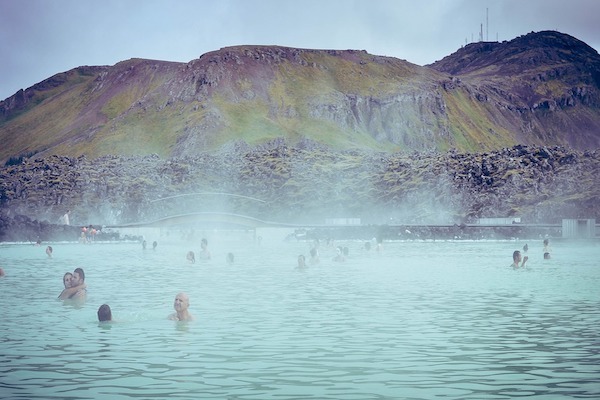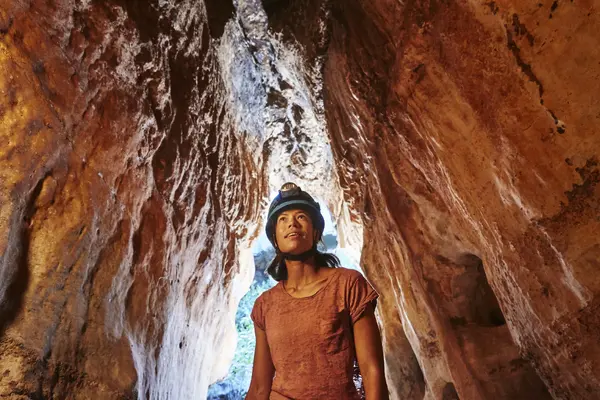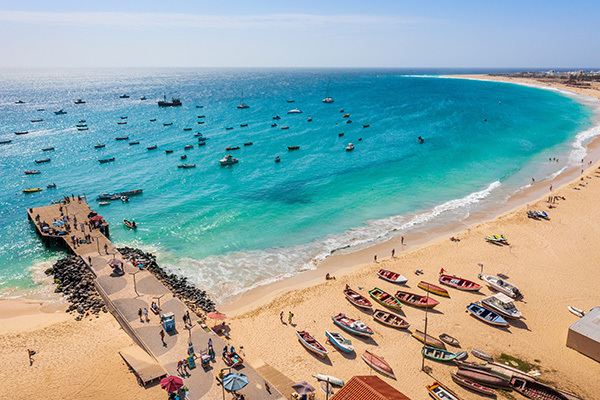New benchmark tool helps agents find responsible wildlife tourism experiences
Agents are being encouraged to use a new free platform to help them discover responsible wildlife tourism experiences around the world to promote to clients.

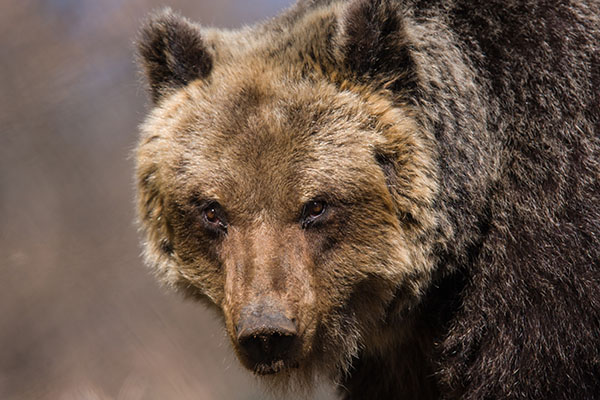
Unique Wildlife Heritage Areas launches today at wildlifeheritageareas.org, and aims to connect responsible travel companies and agents, wildlife experts and local communities. Developed by World Animal Protection and the World Cetacean Alliance, it’s launching with eight areas across Europe, North and South America, Australia and South Africa.
Wildlife Heritage Areas project manager Dylan Walker said: “The travel industry currently has no way to identify wildlife destinations that are meeting the highest standards of animal welfare, wildlife conservation, community wellbeing and sustainability, whilst also maintaining high tourism value. Designating Wildlife Heritage Areas will solve this problem by providing a clear marker for the travel industry and the public.”
Each Wildlife Heritage Area shows how local communities care for and protect the wildlife in their environment, and how they support it by offering sustainable tourism experiences.
They include the Amazon Night Monkey Heritage Area, which covers approximately 250 square miles in Vista Alegre on the Colombian-Peruvian border. It offers low-impact nature activities, such as jungle hikes, wildlife watching tourism and experiential tourism, all guided by knowledgeable locals. Angela Maldonado, founder of conservation NGO Entropika, said: “These local stewards of the forest are critically important in helping to alleviate outside pressure that the monkeys face from a range of issues including trafficking for biomedical research and deforestation."
Walker said agents would be “essential” to the community surrounding Wildlife Heritage Areas. He explained: “We welcome any agents that are willing to support the programme’s guiding principles. In return, they will learn about new destinations offering some of the most exciting responsible wildlife tourism experiences in the world, led by local communities. These local people will also benefit from the advice and support that travel organisations can offer when developing new adventures.
“Agents that work with Wildlife Heritage Areas will be connected to wildlife experts who can advise on the huge range of wildlife tourism experiences available, as well as access our unique database of best practice wildlife watching guidelines, and connect with like-minded businesses, wildlife NGOs and local communities.”
World Animal Protection wildlife campaign director Nick Stewart said the project was “a solution to exploitative wildlife tourism.” He continued: “We invite travel companies around the world to drop the elephant rides, ditch the dolphin shows and any of the other demeaning wildlife entertainment experiences out there and instead, get behind truly responsible wildlife tourism that meets the needs of local communities, visitors and of course wild animal welfare.”
The concept was developed following the success of the Whale Heritage Sites programme, which launched in 2015.
Read more: Three things to consider before selling animal experiences
